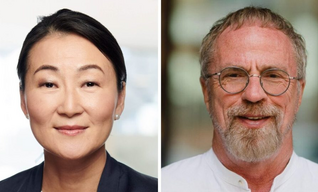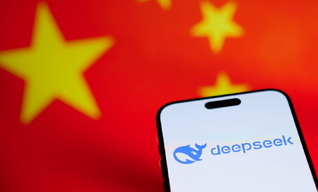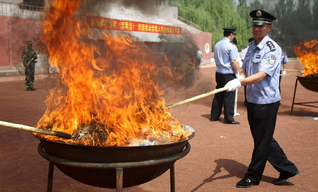
Fabian Peltsch
Berlin/ Beijing
-
Noch keine BeiträgeHier wird noch geschrieben ... bitte schaue bald nochmal vorbei

Fabian Peltsch
-
asien
-
china
-
internet
-
kultur
-
kunst
-
künstliche intelligenz
-
musik
-
technik
-
wirtschaft
-
popkultur
-
konzerte
-
geopolitik
-
asienreisen
-
berlin wedding
Kurzprofil
Senior Editor China.Table @Table.Briefings. Journalist mit Schwerpunkt auf populärer Kultur in Berlin/Deutschland und China; Radio- und Podcast-Erfahrung und mehrjährige internationale Aufenthalte. Ressortübergreifendes Themenverständnis, moderne Umsetzung, Führungserfahrung im Magazinbereich.
fabianpeltsch.com
Auftraggeber
Arte Tracks , Berliner Morgenpost , China Table , Deutschlandfunk , Die Welt , Fluter , Gründerszene , Kaput Mag , Musikexpress , Noisey , Noisey China , Profil , Radii China , Rolling Stone Magazin , Spiegel Online , piqd.de , sueddeutsche.de , zeit.de
Weitere Profile
Homepage , Instagram , LinkedIn
Fehler!
Leider konnte der Artikel nicht gefunden werden.
We can't find the internet
Attempting to reconnect
Something went wrong!
Hang in there while we get back on track









